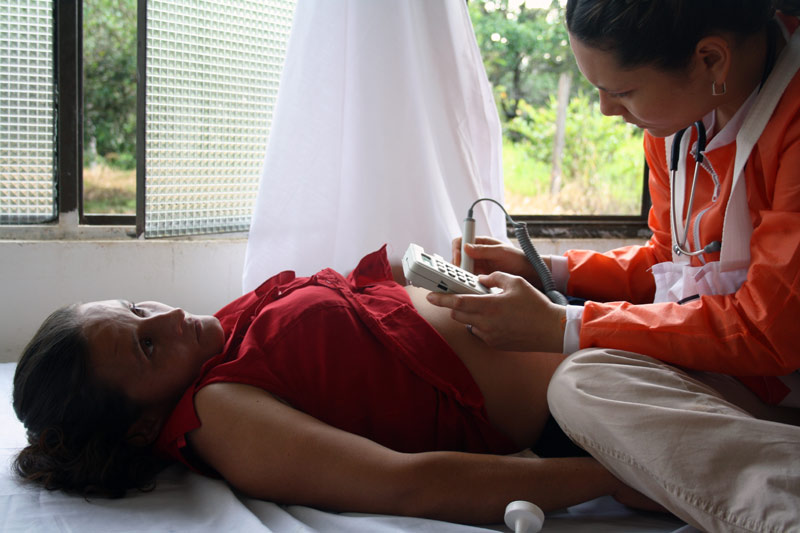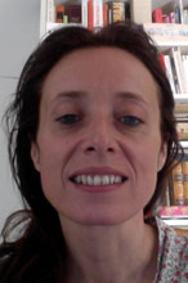Health Care in Danger: Ultimately, it is about patients
26-08-2014 Article
In 2012, Médecins sans Frontières (MSF) launched its Medical Care under Fire project. Françoise Duroch, the project manager, explains how MSF tackles the issue of violence against health care and why working with other organizations matters.
What is the project about?
Ultimately, it is about patients. Attacks on medical personnel put the existence and provision of health-care services at risk, and result in increased security measures, reduced staff numbers and hospital closures. In the worst case, MSF is forced to withdraw, as we did in Somalia.
What impact is it having internationally?
The project is gathering momentum, and that is a good thing. But to be honest, we still don’t know enough about the causes and consequences of attacks. Without this knowledge, we will not be able to deal with the problem effectively. As a start, we are analysing and reviewing our security practices.
What are the main challenges ahead?
I see two. Firstly, we need to think more deeply about security. Can we influence our own security at MSF? We tend to look only to the future, but answering this question means doing research that looks back at our past. If we are to make better sense of these complex issues and draw valuable lessons, the project will need time and resources. Secondly, where research is most needed is precisely where it is most difficult to carry it out, such as the Central African Republic, South Sudan or the Democratic Republic of the Congo. This is a real problem.
The Health Care in Danger and the Medical Care under Fire projects address similar issues. Are they both necessary?
Yes, and we need more such initiatives. This is not an issue that belongs to just MSF or the ICRC; it belongs to patients and health-care workers. It would be good to see more local, national and international initiatives spring up. That would bring more people on-board and add greater political weight to the message. Both MSF and the ICRC should be humble about what we know and how much we can achieve on our own. We are approaching this at field level, carrying out research and activities that reflect the specific problems we have. The ICRC is working at a more general level, building political support and providing new tools for and expert advice on broader problems.
How should a member of the HCiD community of concern go about addressing the issues at stake?
Think about your local situation. What is it like where you work or live? Who is involved? Who is in danger? What is being done already? Get in touch with local people and organizations, and contribute where you can. Be practical, and don’t expect miracles.

Monserrate health-care post, Bajo Caguan, Colombia. ICRC doctor examining a pregnant woman. © ICRC/Maria Cristina Rivera
